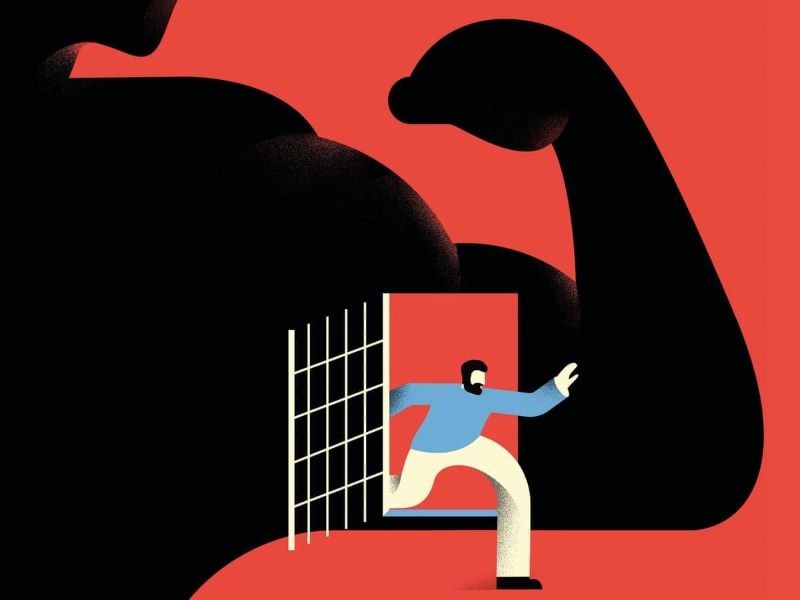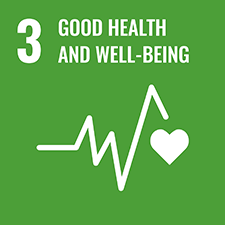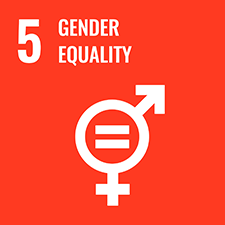
Toxic Masculinity - Whose Right to Cry?
27 Dec, 2023
"How shameful of you to cry as a man!", "He have to be the pillar of the family, you know?", and whatnot. For a long time, rigid standards for men to be strong, tough, and the breadwinner of the household have deeply infiltrated the subconscious minds of our society and imposed invisible pressure on men. But what is the cost of this distorted "masculinity"?

Image: The Guardian
Defining Toxic Masculinity
According to , toxic masculinity is a term referring to extreme standards of masculinity for men. Toxic masculinity is exhibited through three main areas: men’s physical strength, power in society and family, and particularly, their avoidance of feminine traits such as expressing inner emotions or seeking help from others.
Effects of Toxic Masculinity
However, the seemingly "ideal" image we create for men harbors many unforeseen dangers. Establishing extreme standards has led men to avoid expressing and resolving emotions. This, in turn, invisibly makes men prone to such as anxiety disorders, depression, or, at a milder level, prolonged stress.
As stated by a study by the , the suicide rate for men is 3.5 times higher than that for women, and they also have a significantly higher rate of depression compared to the rest of the world. Additionally, because they do not seek or receive help to address mental issues, men often turn to alcohol or stimulants as a "temporary tranquillizer," leading to a higher rate of alcohol and stimulant abuse in men, causing profound damage to both mental and physical health.
Not only does toxic masculinity directly affect men, but it also indirectly causes social instability. Imposing toxic masculinity has increased the trend of violence in men. According to a , the rate of domestic violence incidents in families reached 32%, and surprisingly, 90% of these cases were caused by men.
Gender Equality in Emotional Expression
Faced with these heartbreaking statistics, is it really necessary to continue promoting "masculinity"? We have struggled for centuries to achieve gender equality for women, so when will we allow men the equality they have long deserved? Emma Watson, an American actress, spoke at a United Nations gender equality event in 2014 “We don’t often talk about men being imprisoned by gender stereotypes but I can see that they are and that when they are free, things will change for women as a natural consequence. If men don’t have to be aggressive in order to be accepted, women won’t feel compelled to be submissive. If men don’t have to control, women won’t have to be controlled”.

Image: America TV
Therefore, the right to express emotions, and seek help for emotional issues should be granted to everyone. It's time for a man's tears to be as important as a woman's, for a man to say, "I'm tired today," and still be masculine. The term "girly stuff" should never be used to denigrate men.
In conclusion, the “right to cry” or any form of emotional expression is no longer the privilege of any gender. Although changing societal perceptions is not easy, UEH students can start with themselves. We hopes that students can bravely take the first steps in facing and acknowledging their emotions, while learning to deal with them in a healthy way and not hesitating to seek support when needed. In addition, the UEH community can contribute to minimizing these negatives by creating an environment that allows emotional freedom, accompanied by understanding, empathy, and non-judgment.
Gender equality in emotional expression can bring about significant improvements in both physical and mental aspects of social life, helping to build a healthy community. Therefore, UEH believes that the information provided here can offer students a new perspective on this topic.
News, photos: Department of Student Affairs UEH
References:








